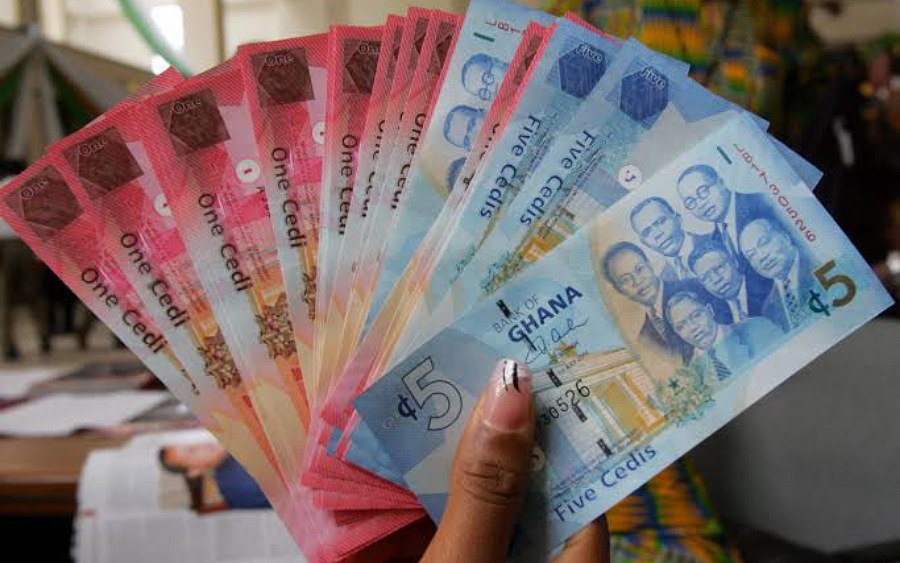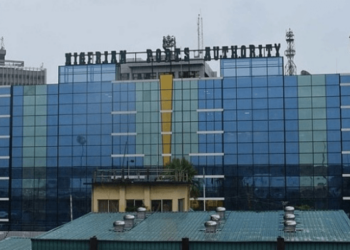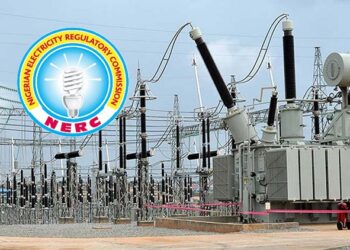The International Monetary Fund (IMF) has approved a $3 billion, three-year extended credit facility for Ghana, paving the way for an immediate disbursement of about $600 million, the IMF announced on Wednesday.
The loan is aimed at supporting Ghana’s economic recovery and stability amid the COVID-19 pandemic and the geopolitical tensions in the region. The IMF said the programme will help Ghana address its fiscal and debt vulnerabilities, boost growth and job creation, and strengthen social protection and governance.
The remaining amount of the loan will be disbursed in six tranches every six months following programme reviews, the IMF said.
The approval came after Ghana completed a domestic debt exchange earlier this year and secured a commitment from its official creditors to restructure its external debt under the G20’s Common Framework.
Ghana follows Zambia: Ghana is the second African country after Zambia to seek debt relief under the Common Framework, which was launched in 2020 to help low-income countries cope with the impact of the pandemic and other shocks.
- Ghana’s public debt rose to 77.1% of GDP at the end of 2022, up from 62.4% in 2019, according to the IMF.
- The IMF said Ghana’s debt restructuring will require “close coordination and collaboration” among all creditors, including private ones, to ensure “fair burden sharing” and “debt sustainability”.
It also urged Ghana to implement “ambitious” fiscal consolidation measures, enhance revenue mobilization, improve public financial management, and strengthen transparency and accountability.
Debt Relief and Common Framework: Ghana’s debt situation prompted the country to seek debt relief under the G20’s Common Framework, a program established in 2020 to assist low-income nations in managing the effects of the pandemic and other shocks.
- Following a domestic debt exchange and a commitment from official creditors, Ghana became the second African country, after Zambia, to seek debt restructuring under the Common Framework.
- The IMF highlights the need for coordination and collaboration among all creditors, including private entities, to ensure fair burden sharing and debt sustainability.
Fiscal Consolidation Measures and Reforms: The IMF emphasizes the importance of implementing ambitious fiscal consolidation measures in Ghana.
- This includes enhancing revenue mobilization, improving public financial management, and strengthening transparency and accountability.
- These reforms will be crucial for Ghana to address its fiscal challenges, effectively manage its debt burden, and create a foundation for sustainable economic growth.
Ghana’s Economic Performance and Outlook: The Ghanaian economy experienced a contraction of 0.4% in 2020 due to the pandemic.
- However, it rebounded with 3.9% growth in 2021 and 3.2% in 2022, driven by factors such as domestic demand recovery, higher oil prices, and increased vaccine availability.
- The IMF projects that Ghana’s economy will continue to grow, with a projected growth rate of 4.7% in 2023 and 5.5% in 2024.
- These growth forecasts are underpinned by the anticipated recovery in domestic demand, favorable oil prices, and expanded access to vaccines.


















